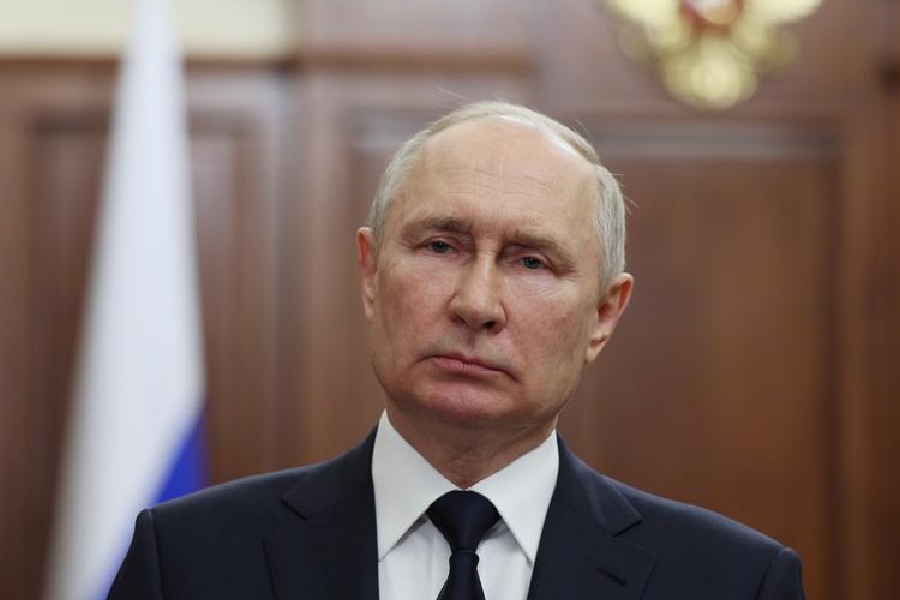President Vladimir V. Putin of Russia is said to work out of identically constructed offices at multiple residences so that photographs don’t reveal his location.
His assistants undergo such a rigorous selection process that a former bodyguard once called them “a caste of chosen people”.
And more than three years after the pandemic’s beginning, the Kremlin has continued to enforce a “clean zone” around the President, requiring many who come near him to quarantine for days.
For decades, people who know him say, Putin has been remarkably focused on his personal security and on preventing rivals from using the powers of government against him. Now, in the aftermath of last month’s short-lived rebellion led by Yevgeny V. Prigozhin, leader of the Wagner private mercenary group that fought for Russia in Ukraine, Putin appears to be scrambling to coup-proof his system once more.
He is rewarding loyalty among the ruling elite and showering his most important constituency — the men with guns — with cash. And, so far, he has avoided the sort of large-scale purge that other authoritarian leaders have carried out in response to coup attempts or rebellions, perhaps to avoid destabilising his system further.
“The President is acting very rationally,” said Ekaterina Schulmann, a Russian political scientist. “He is focused on his personal and political survival, and he’s ready for anything to accomplish that.”
She noted that, for the moment, despite Putin’s reputation for ruthlessness, his response to the failed rebellion appears to be all carrot rather than stick — as evidenced last week by a lavish Kremlin ceremony honouring security forces, and by an official government decree granting a 10.5 per cent raise to soldiers, police officers and other security agency employees.
Schulmann posited that “the system is too emaciated and fragile to indulge in any large-scale repressions” in response to the rebellion.
Some argue that, so far, Putin’s handling of the mutiny has left him in a strengthened position. He has removed Prigozhin as a destabilising factor in Russia’s invasion force in Ukraine and he has forced the military, the security forces and members of the ruling elite to declare their loyalty to him anew.
But analysts say they believe that Putin will face new threats, especially as he continues to empower a patchwork security apparatus composed of different interests and power centres. “Short term, Putin has achieved a win here,” said Grigorii Golosov, a professor of political science at the European University at St Petersburg. “But, in the long term, this is a destabilising situation.”
Over his 23 years in power, Putin has handed control of some of the state’s most important assets to longtime friends and has placed former bodyguards and other loyalists in key government positions. The agency whose main mission is to protect him and other top officials, the Federal Protective Service, is a force numbering in the tens of thousands that has also taken on a growing role in monitoring other security agencies.
New York Times News Service











